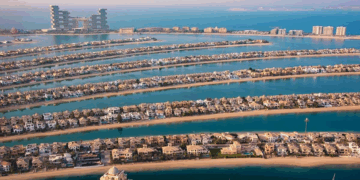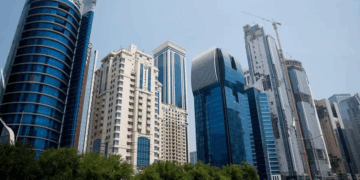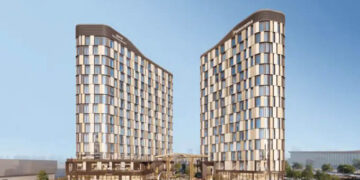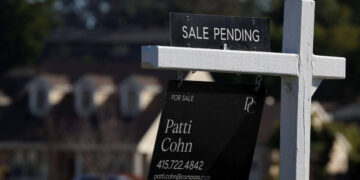In addition to its digital rental index, Dubai is launching a new “building classification” system.
Landlords can only establish rates based on the building’s “star rating” and, more importantly, how much they can raise them for renewal.
The renter will not be paying the same amount for better-maintained buildings in the neighborhood if they are renting in an older building with a lower rating.
The new rental index will focus on specific buildings, whereas the previous one was based on zones or districts. Additionally, compared to the last update, which was released once a year, this one will be far more frequent.
As of today, January 2, the updated digital Rental Index is now available.
How the new Dubai Rental Index will work
The building itself, not any one of its separate properties, is given a “star rating.” The rating system may eventually be expanded to include individual units.
An appraiser’s clearance is required before a building owner with a low rating can improve their asset, which will result in a “immediate” rating system increase.
The average rents in that building plus local factors will be used to compute the new rental index. This implies that an ancient building in a posh neighborhood that has not been properly maintained cannot command the same rents as new construction.
As of right now, only the building’s owner is aware of the star rating assigned to it. Later on, the DLD will think about sharing the information with landlords or renters.
The ambitious’star-based’ building rating system in Dubai was completed in recent years. The digital Rental Index will now implement this exact classification.
All areas to be covered
The majority of the city is included in the new index, regardless of whether it is freehold or not, in contrast to the previous one. (For the time being, non-residential properties are not included in the index.)
“This is a new phase to enhance transparency and build trust in this vital sector,” said Majid Al Marri, CEO for Real Estate Registration & Services at Dubai Land Department.
Cut rental conflicts by 20%
“This will also help reduce conflicts on rental issues – what Dubai has done with the real-time Rental Index is bring in even more clarity for investors, tenants and all those in Dubai real estate.”
The updates when new rentals comes into effect will be done ‘instantly’. The Dubai Land Department expects to reduce rent-related conflicts by about 20%. “If possible, even more,” said Khalid Al Shaibani, Director of Rental Affairs at DLD.
8% increase in Dubai home rental contracts
Over 900,000 rental agreements were signed in Dubai in 2024, up from 836,000 the previous year.
Nearly all of the system’s inputs will come from AI, and accuracy levels are anticipated to be higher than 90%.
According to representatives of the Dubai Land Department, the registration procedure will be rather simple. The subject is ‘maximum transparency’.
What can landlords do to raise rent?
The DLD app will provide the property owner with the rating of their unit. The landlord can then determine the rent for a new lease or one that is being renewed based on that information.
“We want to encourage all owners to improve the quality of the building and make use of the star classification system,” said a DLD official.







































































